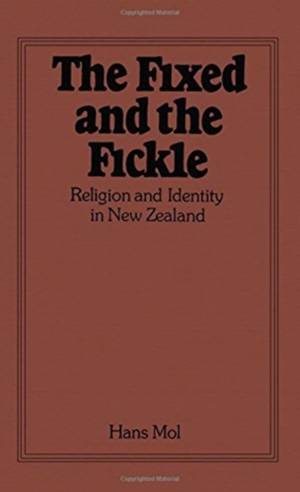
- Retrait gratuit dans votre magasin Club
- 7.000.000 titres dans notre catalogue
- Payer en toute sécurité
- Toujours un magasin près de chez vous
- Retrait gratuit dans votre magasin Club
- 7.000.000 titres dans notre catalogue
- Payer en toute sécurité
- Toujours un magasin près de chez vous
Description
This volume describes the effect of religion on the identity of the native Maoris and Pakehas (white settlers in New Zealand. The description is woven around the idea that the fixed (identity) is constantly "unglued" by the fickle (change). The Maori charismatic movements are seen as attempts to absorb the devastating effects of Pakeha incursion into a viable system of meaning. Yet the white white settlers, too, had to tame the discontinuities with the past and the ravages of cultural change. Religion is seen to be at the forefront of the struggle to defend and reinforce the boundaries around the variety of identities.
In presenting his thesis, the author has brought together a wide range of information--other anthropological and sociological studies, historical accounts, official statements, and religious census data. The volume will be of interest to students of sociology, anthropology, and religion.
Spécifications
Parties prenantes
- Auteur(s) :
- Editeur:
Contenu
- Nombre de pages :
- 120
- Langue:
- Anglais
- Collection :
- Tome:
- n° 1
Caractéristiques
- EAN:
- 9781554585557
- Date de parution :
- 01-01-06
- Format:
- Livre broché
- Format numérique:
- Trade paperback (VS)
- Dimensions :
- 152 mm x 229 mm
- Poids :
- 212 g







